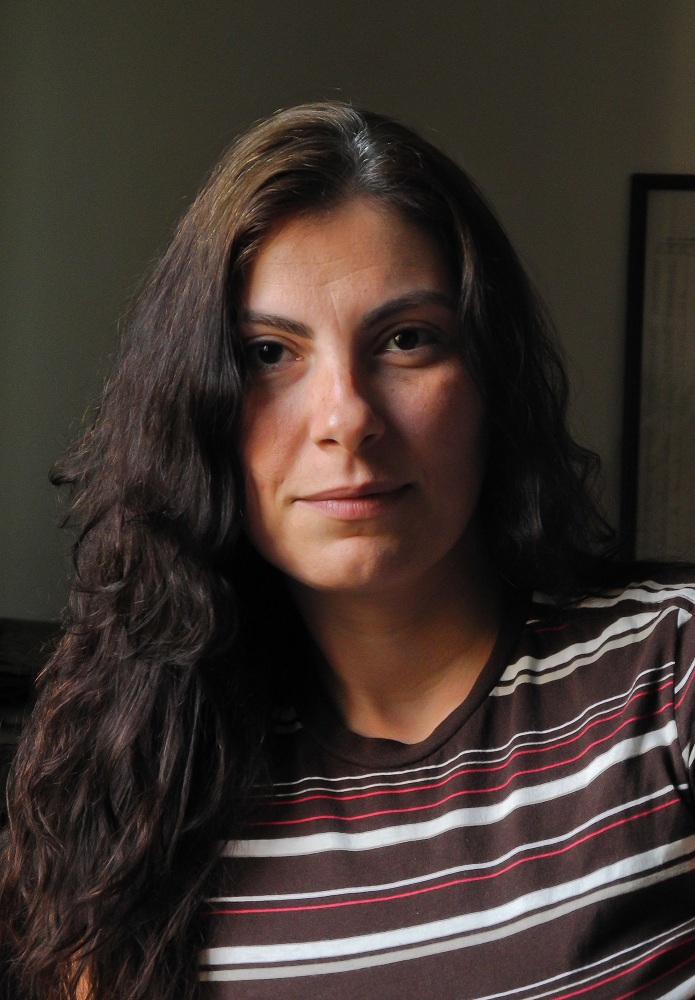By David Faris
Egyptians have just triumphantly finished off the dictatorship of Hosni Mubarak. They did so by taking courageously and peacefully to the streets, in defiance of their own overlords, and in defiance of a pervasive discourse that dismissed Arabs as incapable of and unprepared for freedom. While their revolution remains tenuous, their historic victory is being justly and joyously celebrated inside Egypt, by people all over the world, and also by many Americans who have worked or studied in Egypt.
It is not an accident that Egypt is the most popular Arab country for Americans to study. Thousands of Americans study abroad there every year, from undergraduates seeking adventure to graduate students doing research on everything from Pharaonic antiquities to American aid policies. Its visa policies under Mubarak were wide open — you simply showed up at the airport and bought a 45-day tourist visa for twenty bucks. This impunity was, of course, underwritten with billions in American aid.
That visa could be renewed more or less indefinitely with one visit to Cairo’s Mugamma, the Kafka-esque downtown office building reviled by Egyptians and foreigners alike, even if you’ve spent your days plotting clandestine interviews with opposition figures. If you had the minimal cash for renewal, no one particularly cared who you are. This is one of the reasons that there are 90,000 Americans living in Egypt at any given time, and why there was a massive effort to get them home at the height of the crisis.
The Egypt experienced by tens of thousands of Americans was, more than anything else, pliant. After Mubarak’s fall, things may never quite be the same for these foreigners — khawagat in Egyptian Arabic, a term that would never be used in front of you but which nevertheless does a very nice job of summing up your towering position as an outsider in Egypt. Some Americans took advantage of that privileged position to treat Egyptians like trash, ordering them around in taxis, speaking to them like children in the streets, and extracting agreeable prices from them at bazaars. In nearly all situations, showing your American passport was like flashing a badge.
After a trip to the Sinai with a mixed group of Americans, Egyptians and Palestinians in 2009, we were stopped at checkpoint after checkpoint on the dusty, winding road back to Cairo. We looked on in horror as our Egyptian friends were stopped, harassed and condescended to by police — in their own country. Meanwhile we sailed through without a glance. Nothing spoke to the iniquity of Mubarak’s regime more forcefully than the way Egyptians were treated as second-class citizens in their own country. Those days are now, we hope, finally, over.
Every khawaga in Egypt before January 25 knew a few things — how to direct a cab to Citystars, the indoor mall on the outskirs of Cairo. Everykhawaga knew the number for the alcohol-distributor Drinky’s (19330), and knew how to get the last order in before Ramadan starts. Everykhawaga knew that Egypt was safe because it was a police state, that in many ways it seemed like a paradise, its cheap abundance always available for the taking. Every khawaga knew, deep down, that this was all rather unjust.
Some khawagas left Egypt with little understanding of their host country, beyond how to get to Cairo Jazz Club. I knew Americans in Egypt who literally did not know how to dial out of their own apartments. But many stayed long enough to understand the system of power relations that structured interaction between Americans and Egyptians, and between Egyptians and their tormenters. We traveled to the Egypt that exists beyond Cairo. We got to know Egyptians as human beings and not just the subjects of our policies and the objects of our inquiries. And we hoped for a better life for our long-suffering friends and neighbors, whose dignity in the face of oppressive conditions became ever-clearer with each passing day.
Khawagas who developed this kind of attachment to Egypt often did so fiercely. As the saying goes, once you drink from the Nile, you will return. Of course, sane people with an interest in their long-term health do not drink directly from the Nile. But I think I speak for everyone who has ever fallen in love with Egypt and the Egyptians when I say that Friday morning’s scenes of collective ecstasy produced a feeling of elation, of pride, and most of all, of happiness, for our Egyptian friends who are now liberated from stifling tyranny, and who woke up today to a free Egypt.
Some khawagas were lucky enough to be there for these historic events. For those of us watching from afar, we can now anticipate returning to a free land to celebrate with our friends, a country where Egyptians and khawagas can now drink from that same Nile as equals.
David Faris is an American political commentator and holds a Ph.D from the University of Pennsylvania for which he did extensive research in Cairo. He teaches at Roosevelt University in Chicago.

